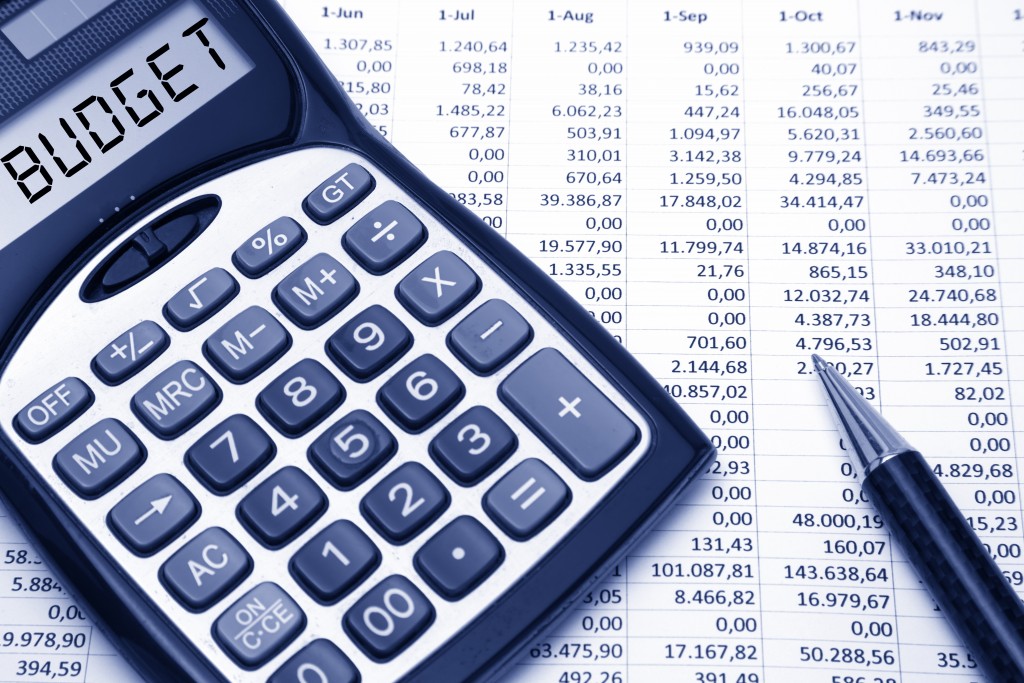No one was ever prepared for the onslaught that the COVID-19 pandemic brought. We didn’t think it would be this bad. We underestimated the enemy. It hit us hard and fast. In a matter of weeks, it has brought the world to its knees.
If anything, this health crisis has knocked some sense into us, albeit a little too late. In retrospect, we evaluate how we conducted ourselves, our affairs, and our finances. It has taught us some valuable financial lessons the hard way.
4 Important Financial Takeaways the COVID-19 Pandemic Has Taught Us
Takeaway 1: Emergency funds are important.
Now we know what they meant about the importance of setting aside money and saving for a rainy day. We’re in the middle of a downpour right now with its end nowhere in sight.
We were told to tuck away enough money to cover three to six months’ worth of our typical expenses. This fund covers our regular bills as well as unplanned expenses such as home and auto repairs and emergencies such as this crisis.
If you have been laid off or furloughed, you are no longer in any position to build an emergency fund now. The best thing you can do at this point is file for unemployment benefits and ask for temporary relief from your bills.
If you are still collecting paychecks, set aside a significant amount for every check you get and start building your emergency funds. It is the best way to protect yourself and your family from all the uncertainties that lie ahead.
Takeaway 2: Investments should never take the place of savings.
One of the reasons why a lot of folks fail to build savings is they have certain investments to lean back on should things go south.
This here’s a definite no-no as investments could never take the place of a readily-available cash source. Investments are meant to be for the long haul and are not designed to be liquid assets that you can encash anytime.
Also, considering how the world’s stock markets have taken a beating due to the novel coronavirus, those who try to liquidate their investments right now and convert them to cash are putting themselves at a major disadvantage and risk suffering huge losses.
Build your savings and leave your investments alone. Even if they’re down now, they will recover in time.
Takeaway 3: Cut down on unnecessary costs to add to your savings.

Learn to prioritize your spending. It doesn’t matter if you’re earning much. You still have to make frugal decisions and be wiser with your spending. Take a look at your expenditures and see how you can make the necessary adjustments. For instance, if you think you live in a property that is under fair market value in Nassau County, look for property tax grievance companies to help you reevaluate your house’s value accordingly to bring down your property taxes.
Know and identify where your money should go. A crisis such as this gives us a clearer view of what’s important and what’s not. While indulgences are not exactly bad, limit your spending on luxuries and direct most of your money to those that are essential.
Takeaway 4: Make financial decisions based on information and not emotion and stress.
During this time, it’s easy to get caught up in the panic and fear with all the uncertainty surrounding us. However, do not respond to the current crisis by reacting emotionally because it will only lead to irrational decisions which will have dire consequences.
Case in point, the stock markets plummetted and investors are panic-selling hoping to at least salvage something significant from their failing stocks. When it comes to investments — and finances, in general — understanding the risks, rewards, and the time involved will lead to well-informed decisions.
Despite all the uncertainties that this global health crisis brings, we need to still do our due diligence and not get emotional and make erratic and irrational decisions.
A lot of us have suffered financially. This pandemic hit us with a mean left hook. However, we are a resilient and strong people. We have recovered time and time again from some of the worst financial crises and we will do so again.

